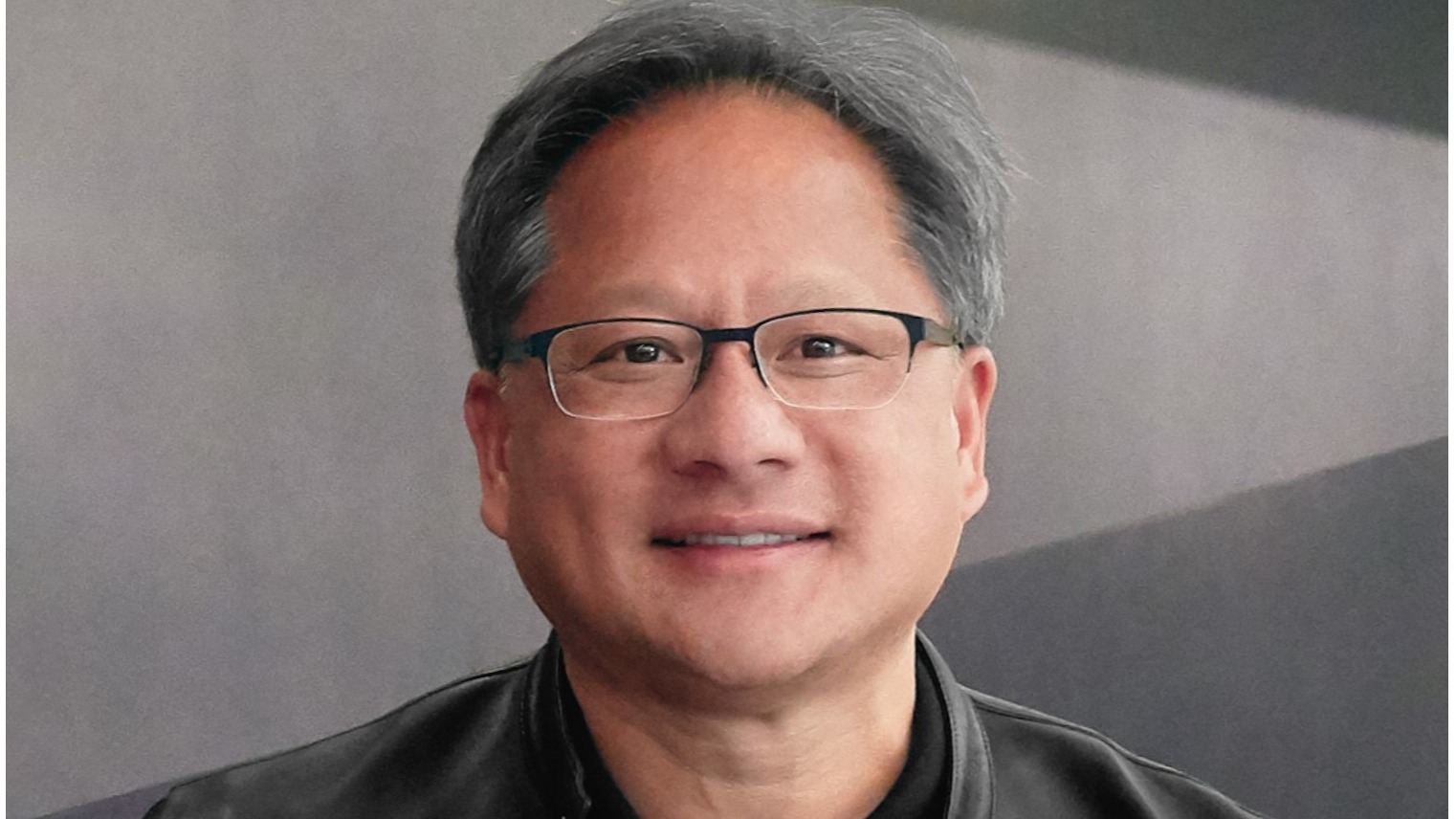Nvidia chief executive Jensen Huang has said a flaw in the design of its latest chip has been fixed thanks to the help of longstanding partner Taiwanese manufacturer TSMC, Reuters reported on Wednesday.
The Blackwell AI chip features six transformative technologies for accelerated computing, which aim to support breakthroughs in data processing, engineering simulation, electronic design automation, computer-aided drug design, quantum computing and generative AI.
These chips are 30 times faster than Nvidia’s previous models, particularly in tasks such as responding to queries from AI-driven tools such as chatbots.
“We had a design flaw in Blackwell,” Huang said. “It was functional, but the design flaw caused the yield to be low. It was 100 per cent Nvidia’s fault.”
Nvidia’s chief executive added that TSMC, who has been a partner of Nvidia for over 30 years, helped the firm to recover from the yield difficulty and resume the manufacturing of Blackwell at a fast pace.
Huang explained that manufacturing an operational Blackwell computer requiredd designing seven different types of chips from scratch, which had to be simultaneously produced.
Nvidia said the design issue with the chip had previously impacted production, delaying its entry into the market which was initially scheduled in the second quarter of the year, with Reuters reporting Huang confirmed new plans to ship the chips in the fourth quarter.
Among the many organisations expected to adopt the Blackwell chip are Amazon Web Services, Dell Technologies, Google, Meta, Microsoft, OpenAI, Oracle, Tesla and xAI.
Huang was in Denmark earlier this week to launch the country’s largest sovereign AI supercomputer.
The computer, named Gefion, aims to facilitate breakthroughs in quantum computing, clean energy, biotechnology and other areas.
It is operated by the Danish Center of Innovaton (DCAI), an organisation established with funding from the Novo Nordisk Foundation, the world’s wealthiest charitable foundation, and the Export and Investment Fund of Denmark.
“Gefion is going to be a factory of intelligence,” said Huang. “This is a new industry that never existed before.
“It sits on top of the IT industry. We’re inventing something fundamentally new.”
The new supercomputer is expected to address global challenges including infectious disease, climate change and food security.


